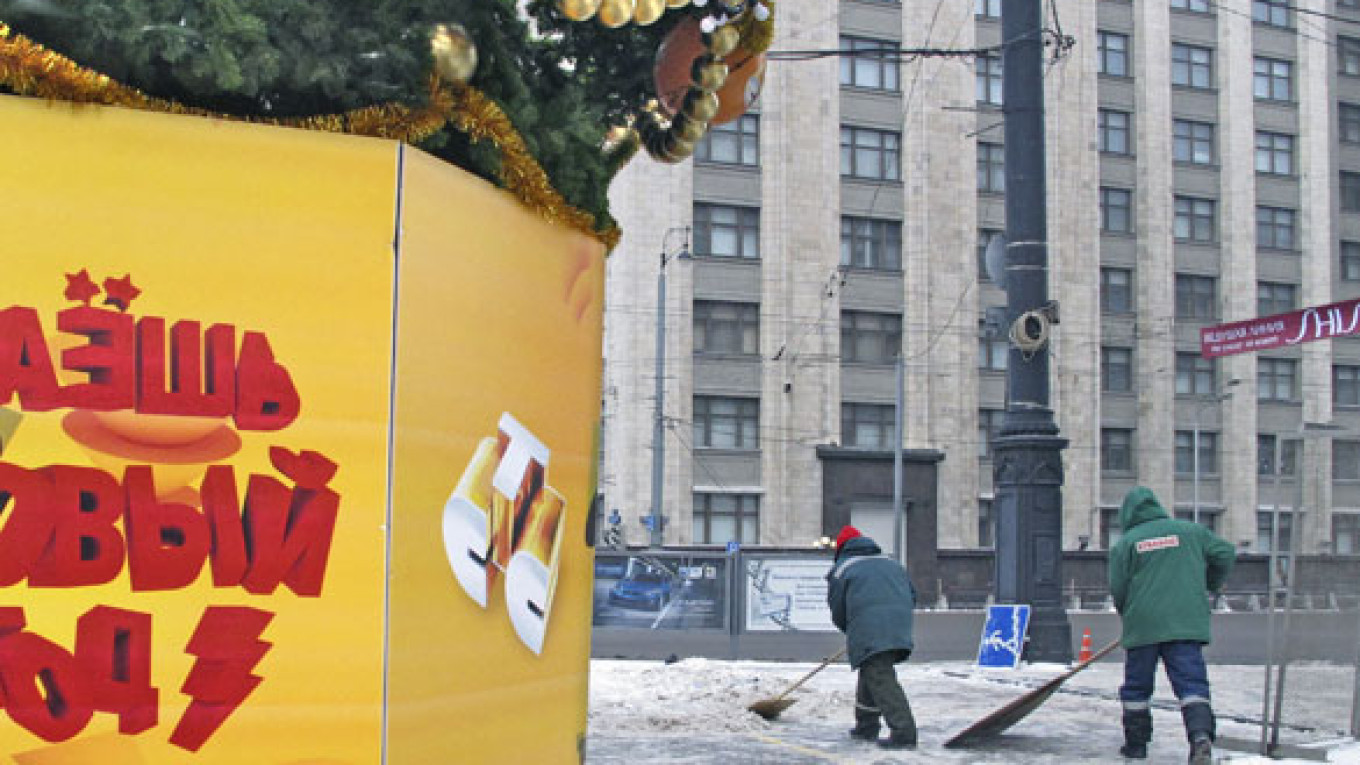?????¶????: peasant, husband, worker, rustic, man, guy
?????¶???? is considered an almost untranslatable Russian word. In fact, in older translations of 19th-century literature, it’s often transliterated as moujik or muzhik. Without a footnote, I wonder what 19th-century English-speaking readers made of it. Perhaps they were used to reading about fellah in Egypt and paesan in Italy, so for them the Russian muzhik was just another (objectified) crude peasant laborer.
When you render ?????¶???? into English, you lose some associations and “local color,” but I don’t think it’s impossible to translate. At the same time, you do have to pay attention to context, time period, speaker and tone of voice.
If we go way back in time, ?????¶???? referred to an adult man who was a peasant or villager. ?”?°?»?µ???? ?????µ?€?µ???? ???° ?‚?µ?»?µ???µ ?????·???€?°?‰?°?µ?‚???? ???· ?—???°???µ???????????? ?????¶???? (Far ahead a villager is returning from Znamenskoye on his cart). ?????…???????‹?? (kitchen) or sometimes ?±???„?µ?‚???‹?? (dining room) ?????¶???? referred to a male servant who did the dirty work in the kitchen.
?????¶???? could also be used affectionately by a woman to refer to her husband (?????¶): ????, ?‡?‚??, ?????¶????, ?????????€???»?? ???° ?????±?€?°??????? — ?????€???????»?° ?¶?µ???° (“Well, old man, what did they say at the meeting?” his wife asked).
Later, presumably when urbanization was under way, ?????¶???? could refer to a worker or someone of the lower classes. ?????¶?????? ???±???€?°?»?? ?????µ??, ???»?µ?????»?? ?·?° ?‡?????‚???‚???? ???????€?° (Workmen shoveled the snow and made sure the courtyard was clean).
Then and now, ?????¶???? can be a familiar and somewhat jocular form of address for a man of one’s own age or younger. For example, if you are the mother of a passel of boys, you can call out from the kitchen: ?????¶??????! ?????????????‚?µ ?????µ! (Hey, guys! Come give me a hand!)
Since ?????¶???? has always referred to someone from the lower classes, for some speakers it’s a synonym for someone crude, dirty, uncultured and uneducated. Usually this is very clear from the context: ??‚?? — ?????»?????????°?????µ???????? ?±?€?????????°, ?±?µ?·???±?€?°?·???‹?? ?? ???€???±?‹?? ?????¶???? (He was a half-crazed hobo, a filthy and crude rustic).
But for other speakers, ?????¶???? is the apotheosis of masculinity, strength, resourcefulness and ingenuity. In contrast to effete and useless upper-class twits, he’s the salt of the Russian earth. Here, you can more or less convey the meaning, but you lose a bit of color: ???»?µ?????µ?? ???????‹??????, ?????????µ?? ?????¶???µ???°?€?‚????????, ?????€???? ???° ???µ???‚?µ ???µ???€???»?°?·???‹?… ?‚?????µ??, ???±?€???????» ?????»???…: “???°?????? ?????€???? ?????? ???????‚?€?????‚?? ?‚???»?????? ?€???????????? ?????¶????” (When Alexei Kosygin saw Nizhnevartovsk, a city built on impassable bogs, he remarked: “Only a true Russian man could have built this city”).
Today, Russians understand and use the word ?????¶???? in a variety of ways. Some people say they don’t see any difference between ?????¶?‡?????° and ?????¶????. Others see a big difference. One person says: ?????¶?‡?????° — ?±?»?°?????€?????µ??, ?????‘??. ?????¶???? — ???‚?? ?‡?‚??-?‚?? ?·?°???‹?·???°???????µ, ???°?…?????‰?µ?µ. (A man is noble, smart. A muzhik is something filthy and smelly.) Others use ?????¶???? positively: ?????¶???? ???µ???‘?‚ ???µ?±?? ????-?????¶?????? (A muzhik behaves like a man). ?????€???????? ?????¶???? is what we might call a good guy. ???°???‚?????‰???? ?????¶???? is what we call a real man — you know, the opposite of a metrosexual.
I think this is the meaning that Prime Minister Vladimir Putin had in mind when he called actor Leonardo DiCaprio ???°???‚?????‰???? ?????¶???? after DiCaprio’s long and nerve-racking trip to Russia for the Tiger Forum. And it probably didn’t hurt that DiCaprio turned out to be half-Russian.
Michele A. Berdy is a Moscow-based translator and interpreter, whose collection of columns, “The Russian Word’s Worth,” was published by Glas.
A Message from The Moscow Times:
Dear readers,
We are facing unprecedented challenges. Russia's Prosecutor General's Office has designated The Moscow Times as an "undesirable" organization, criminalizing our work and putting our staff at risk of prosecution. This follows our earlier unjust labeling as a "foreign agent."
These actions are direct attempts to silence independent journalism in Russia. The authorities claim our work "discredits the decisions of the Russian leadership." We see things differently: we strive to provide accurate, unbiased reporting on Russia.
We, the journalists of The Moscow Times, refuse to be silenced. But to continue our work, we need your help.
Your support, no matter how small, makes a world of difference. If you can, please support us monthly starting from just $2. It's quick to set up, and every contribution makes a significant impact.
By supporting The Moscow Times, you're defending open, independent journalism in the face of repression. Thank you for standing with us.
Remind me later.


